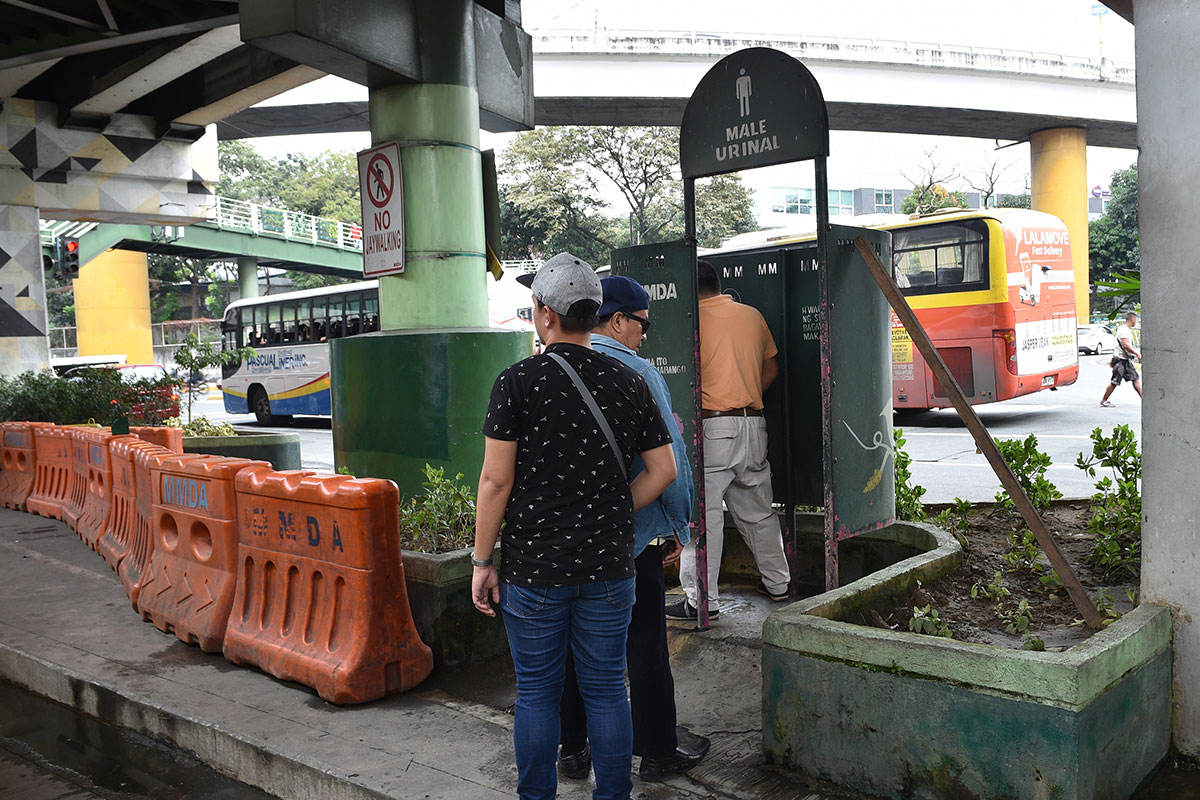When Western tourists first arrive in the Far East, one of the culture shocks they encounter lies on the other end of local cuisine: the public toilets. It is a make-or-break experience that may soil their view of the country and impact future travellers.
ASEAN is determined that this be a positive one. It published the ASEAN Public Toilet Standard (APTS) in 2012 as a guide for member states to ensure the “quality, comfort, safety and proper waste management of public toilets in general” at tourist destinations within the region. It was a part of the ASEAN Tourism Strategic Plan 2011-2015 and naturally, a component of the ASEAN Clean Tourist City Standard.
Squatting toilets and water buckets or hoses – dubbed the “bum gun” by Westerners – are just two unique features found in ASEAN public toilets. Recognising the variants in toilet types, norms and designs, the APTS looks at common criteria that should be practiced at all public toilets in ASEAN.
The APTS focuses on four main criteria: design and environmental management system; amenities and facilities; cleanliness; and safety. It stresses the importance of keeping toilets frequented by tourists clean, in good working condition and well-signposted.
Flushed with enthusiasm, ASEAN is preparing for the upcoming ASEAN Public Toilet Award 2019, to be held in January 2019 alongside the ASEAN Tourism Forum 2019 at Ha Long Bay, Vietnam.
Brunei, as the lead coordinator of the APTS, hosted a second Public Toilet Auditor Training recently. Participants from ASEAN member nations and various local government agencies attended the one-day training to prepare for the adjudication.
 Source: Various sources
Source: Various sources
International recognition
ASEAN is a relative latecomer in the game. The International Toilet Tourism Award, founded by MyTravelResearch.com’s Carolyn Childs and Bronwyn White, is already in its second year. Unlike the ASEAN version which stresses cleanliness and utility, this award favours innovative design and the ability to enhance the tourism economy of a town, city or country.
The latest six winners were drawn from 30 entries across five categories and four continents. The Saskatchewan Science Centre in Canada wiped out the competition by creating the ambience of a Canadian forest in the loo.
The residents of Cummins, South Australia went potty with a red brick toilet at the former railway station, adding statues, mosaics and paintings of bygone days. Its fame spread through word-of-mouth and tourists make a point to stop by and visit the Cummins Mosaic Loo. It won the throne for best economic contributor.
Another contributor to toilet tourism is the James Bond Loo at the top of Mt Schilthorn, Switzerland. Inspired by the fictional British spy’s adventure in On Her Majesty’s Secret Service (the film was shot on location here), the Gents features playful signs like “Shake, don’t stir” and “Aim like James.” Bond girl Diana Riggs appears in the mirror when men wash their hands. The Ladies get an image of the super spy when they wash theirs, along with a voice: “Tonight, my place – just the two of us.”
The other WTO
The clean toilet movement began in Singapore in 1998 when Jack Sim founded the Restroom Association of Singapore (RAS) to address the appalling state of public toilets. He decided to elevate the subject by setting up the World Toilet Organisation (WTO) in 2001 and declared 19 November as World Toilet Day.
In 2013, Singapore sponsored its first ever motion in the United Nations (UN) General Assembly to make World Toilet Day global. Under the UN, World Toilet Day takes on another dimension: to raise awareness about the global sanitation crisis and to promote universal, affordable and sustainable access to water, sanitation and hygiene (WaSH). This is the focus of UN’s Sustainable Development Goal 6.
Around the world, 4.5 billion people live without “safely managed sanitation.” About 892 million people practice open defecation. In rural areas of ASEAN member nations except Singapore, parts of the population still do their “number two” in the open. Cambodia ranks highest at 50.5 percent, followed by Lao PDR (34.7 percent) and Indonesia (20.6 percent).
Without sanitation systems that safely treat excreta, diseases such as cholera, diarrhoea, typhoid, dysentery and schistosomiasis can spread through contaminated soil and water sources. Women are also exposed to the dangers of sexual and physical violence when defecating in the open.
ASEAN’s efforts to provide clean, working toilets for tourists may be the start of bigger things to come. As the current chair of ASEAN and the sponsor of World Toilet Day, Singapore is in a good position to push sanitation for all.
